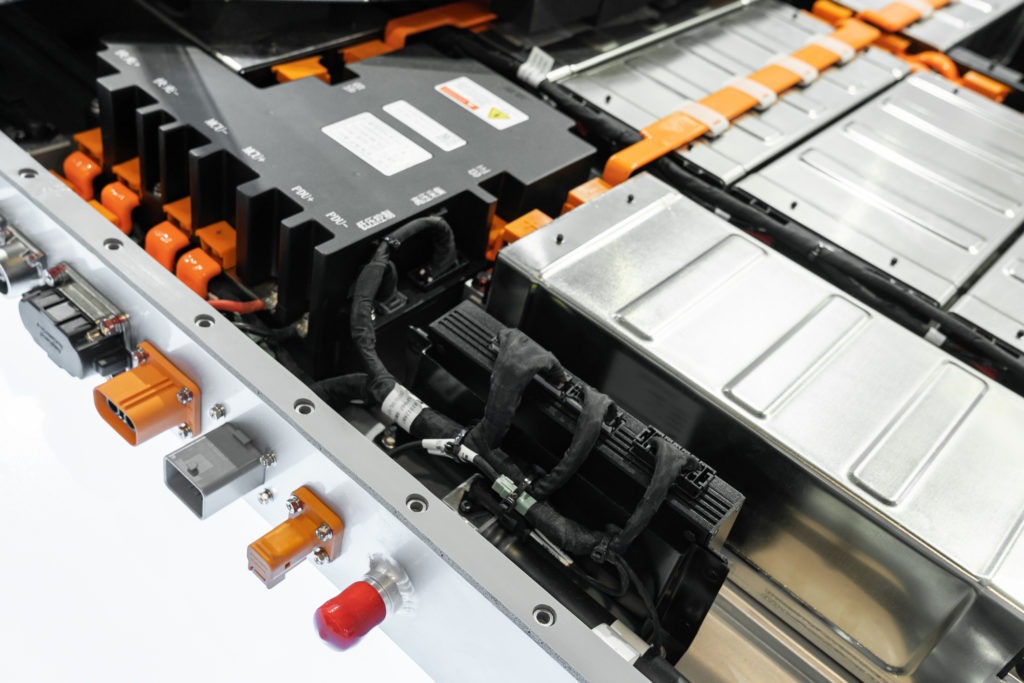Countries sign up to EV-battery durability promise
16 November 2021

Car manufacturers across the globe could soon be required to certify that the batteries in their electrically-chargeable vehicles (EVs) will hold up to a certain standard that promises more durability. This could increase consumer confidence as reliable information on how well batteries perform over time could put those customers at ease who worry about investing in electric cars.
The EU and countries including the UK, China, and the USA are supporting a proposal ensuring minimum durability of EV batteries. The agreement was endorsed by the World Forum for Harmonization of Vehicle Regulations hosted by the United Nations Economic Commission for Europe (UNECE). Canada, Japan, and the Republic of Korea also back the proposal.
Regulating battery degradation
The new provisions would require manufacturers to prove that their EV batteries will lose less than 20% of their initial capacity over five years or 100,000kms, and less than 30% over eight years or 160,000kms.
Countries will formally vote for a binding rule on battery durability in March 2022. Those in favour of the new rule would have to embed it into their national legislations, which could come into force as early as 2023.
The UNECE said the proposal is a major step in marking the first international effort to regulate battery degradation. The aim is to prevent the use of low-quality batteries, which not only increase consumer trust, but also improve the environmental performance of EVs. Crucially, longer-lasting batteries would reduce pressure on the supply chain of critical raw materials while cutting waste from used batteries.
‘Under the proposed regulation, accurate information about the health and remaining capacity of the battery will be made freely available to the vehicle owner,’ said André Rijnders, chair of the Working Party on Pollution and Energy (GRPE), which developed this proposal. ‘This will provide valuable information for used/second-hand EV transactions and other changes of vehicle owner.’
Each EV would have to report its battery health status to the local authorities via over-the-air data transmissions or ‘other means to be determined depending on local conditions.’
EV sales rising
Countries around the globe are keen to compel EV makers to only use batteries with a minimum shelf life as sales of electric and hybrid vehicles are surging in major markets including, Europe, China, and North America.
The International Energy Agency (IEA) found that a record three million new electric cars were registered in 2020, a 41% jump from the previous year. Notably, Europe had a market share of 10%. According to IEA projections, the global market share of EVs could reach between 10.4% and 19% in 2025.
At the UN’s recent climate summit COP26, electrification played a major role as economies are racing to meet much-needed climate targets. The transition to zero-emissions vehicles has been gathering pace, with some of the largest manufacturers aiming to make all new-car sales zero emission by 2040 and by 2035 in leading markets.
Several carmakers have pledged to end the sale of fossil fuel-powered vehicles by 2040 – among them Volvo, Ford, General Motors, and Daimler’s Mercedes-Benz. Others, such as Volkswagen and Toyota, were notably absent.
The green NGO Transport & Environment warned this week that Europe’s electric-car boom is at risk of stalling, with weak targets between 2022 and 2030 not requiring vehicle manufacturers to deliver on their EV production plans. This, the NGO said, could result in 55 million extra tonnes of CO2 pollution.



